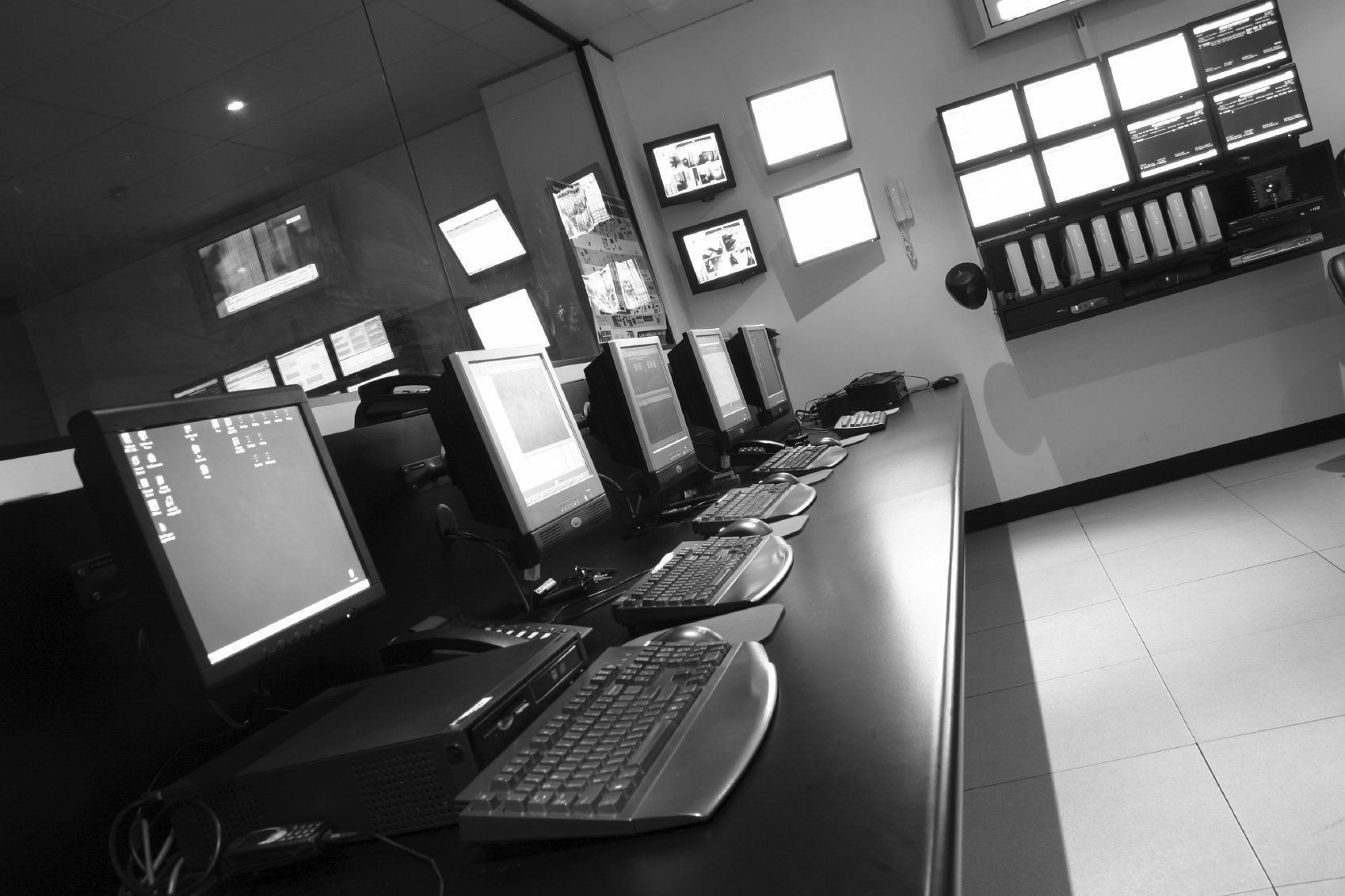Developing a Fraud Investigation
This course will give you key skills and understanding to develop an fraud investigation. It includes note taking and statement writing, case management, securing evidence, determining professional behaviour for investigators, using open source intelligence, identifying when and how surveillance may be used to support fraud investigations.
Day 1
- Reporting revision: note taking and notebooks
- Authorised officer powers and cybercrime – identifying bodies that have powers to collect data and how it supports investigations, how cybercrime is committed and how it can be investigated
- Communication of findings; case management – including how investigations can be broadened and the implications of the Criminal Procedure Rules
Day 2
- Witness statements – including protocols for completing form MG11, use of Criminal Justice Act procedures and visual identification – ADVOKATE model
- Arrest and police procedures– application of the Police and Criminal Evidence Act – information only
- Introduction to evidence gathering – types of evidence, how evidence is secured and presented, admissibility, rules of evidence, continuity, forensic considerations, confessions and exhibits
Day 3
- Searching premises – application of the Police and Criminal Evidence Act
- Photographic and digital evidence – including applying the 4 key principles of digital evidence, forensic examination of digital evidence and handling/packaging digital evidence
- Disclosure- Criminal Procedures Investigation Act, Crown Prosecution Service and Attorney General’s guidelines, responsibilities and disclosure roles, used/unused material and overriding responsibility to provide a fair trial
- Working with partners and stakeholders – benefits of collaborative working for investigators
Day 4
- Legislation and intelligence gathering – open source intelligence (OSINT), application of Locard’s principle, Investigatory Powers Act, digital footprints, Computer Misuse Act
- Surveillance - Regulation of Investigatory Powers Act, surveillance definitions, authorising surveillance, safeguards to protect privacy, limitations, and risk assessment
Day 5
- Covert Human Intelligence Sources (CHIS) – Definition of a CHIS, identifying circumstances where a person may become a CHIS and the general prohibition of using them
- Appropriate conduct for investigators – establishing codes for conduct and good practice for investigators
- Disciplinary and management investigations – Differences between disciplinary and criminal investigations, the investigators role in a disciplinary investigation, ACAS guidelines and the 6 step plan
Assessment
- 2 Multiple choice question tests - completed online
- An assignment where you relate your learning to real life fraud investigations









